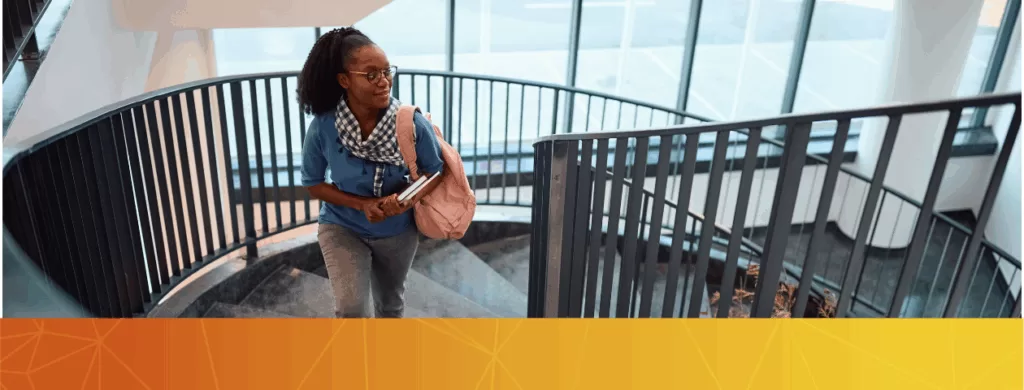
- PR: Lessons In Highered PR
- Japan: Australia-Japan HE Collaboration
- UK: Recruitment Agents’paid £120m’
- Ukraine: Enrolment Crisis
Sometimes professors talk in academic-speak rather than plain English. Even the best research, written many time for academic journals, may be non-decipherable to mainstream audiences. Often, sources may respond on university schedules rather than Twitter time, long after the story peaks. Academics, like any industry, have unique challenges. Budget cuts for certain states that want to slash funding; Criticisms over the costs of tuition; academic departments that must prove their relevance in today’s job market; the tenure system for professors. It’s not an easy job. Fulfilling yes, but that’s true for any publicist who believes in their client, product and/or service.
Representatives of more than 100 Japanese universities have been briefed about the Australian government’s new strategy to increase engagement with Asia, raising hopes that mobility between the countries will improve.Representatives of Australian Education International (AEI), a government agency, held a roundtable with the heads where the Australia in the Asian Century strategy, released last October, was discussed. The plan calls on Australia to build trade ties with its Asian neighbours through to 2025, with educational exchange viewed as key to this.With 400 academic partnerships between Australian and Japanese universities – and the countries home to some of the strongest institutions in the region – the potential for more collaboration is clear. However, improving the poor levels of mobility between the countries won’t be easy. The number of Japanese student visitors to Australia (and globally) has dwindled in recent years, totalling just 2,400 in 2010 – well behind Asian countries such as China and South Korea. Meanwhile, just 543 students from Oceania studied in Japan in 2012. At the roundtable, the Japanese institutions expressed interest in the new AsiaBound grants scheme, which will fund 10,000 Australians to study in Asia on exchanges or language courses from 2014. Plans to promote Asian languages in Australian schools could also encourage outbound mobility in time.
Universities are paying recruitment agents as much as £120 million a year to attract foreign students into the UK, according to new research.Figures suggest that institutions are handing agents around £1,000 in commission for every overseas student as part of a plan to boost international admissions.Under current rules, students from outside the European Union can be charged far higher fees than their British counterparts and have long been seen as a hugely lucrative market for the higher education sector.But concerns have been raised over the system used to recruit some overseas students.
Five higher educational institutions of Ukraine did not receive any applications from entrants, the Education Ministry press service informs.Top five includes “Financial and Legal Police Academy” LLC, private university “Krychynina Interregional Academy of Business and Law”, the South Slavic institute of higher education institution the Kyiv Slavonic University, College “Slavic-Greek Collegium” (Kyiv Slavonic University ), the Sevastopol Economics and Law College of the private university “Crimean Institute of Economics and Commercial Law”. In addition, top ten higher educational institutions with the lowest number of applications included the Ukrainian Institute of Linguistics and Management (4 applications) the Strytiv Higher Pedagogical School of Cossack’s art (5), the Khmelnitsky College of Technology and Design (7), the Poltava Institute of Economics and Management “Svitoch” (9), the private university the Kaniv Environmental Information and Technology College (12).



